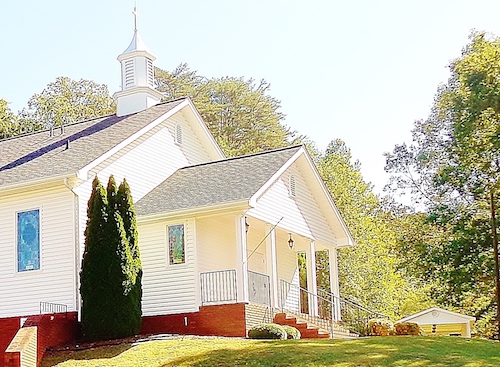
Christians know firsthand that churches and places of worship promote personal, economic, and civic flourishing. Congress recently heard expert testimony describing the full extent of how religion promotes happiness, helps the poor find work, and creates healthy communities every day of the week.
These facts came to light during testimony before the Congressional Joint Economic Committee on “expanding opportunity by strengthening families, communities, and civil society” on April 30.
People who are highly social and civically engaged are the most likely to say government should “increase the equality of opportunity for people to get ahead if they want to,” according to Ryan Streeter, the director of domestic policy studies at the American Enterprise Institute (AEI). They are also twice as likely to say they live in “excellent” communities.
However, they do not wait to receive a government directive before pitching in to improve their hometown, in micro- or macrocosm.
Streeter told Congress that membership in civic groups, like churches, helps the poorest people to find work and improve their economic prospects:
[I]f we fail to recognize the important role that networks play at the local and regional levels in people’s upward mobility prospects, our national debates about these former types of policy will achieve limited impact. Our workforce development systems at the state and local levels, for starters, could benefit greatly from a renewed focus on how networks and relationships at the community level could help low-income aspiring workers fare far better in the labor market than they currently are.
He added that religion correlates with civic engagement:
We cannot close out a discussion about civic and social groups without looking at the important role of religion. On average, 29 percent of highly civic people say religion is central to their lives, compared with 15 percent of civically unengaged people. In every civic group (i.e., those with low, moderate, and high social scores) a greater share of people say religion is central to their lives than say “not important.” Exactly the opposite is the case for people who are not civically engaged, in which case about twice the share of respondents say religion is unimportant than rather than central to their lives. America’s tradition of civic engagement continues to have strong religious underpinnings.
Having more people engaged in solving national problems in their own backyard is good for a number of reasons beyond the immediate problem being solved. Civic-minded Americans have more of almost everything we need more of in our country, so producing more of them and basing our policy decisions on this goal is critical.
AEI visiting fellow Tim Carney, the author of Alienated America: Why Some Places Thrive While Others Collapse, made similar observations in his book as well as in a recent podcast interview with Acton Institute Communications Director John Couretas.
The Acton Institute exists “to promote a free and virtuous society characterized by individual liberty and sustained by religious principles.” Increasingly, Congressional and national leaders are understanding how vital our mission is.
You can watch the full hearing below. Streeter’s testimony begins at approximately 16:39:
(Photo credit: Olin Gilbert. This photo has been cropped. CC BY 2.0.)

